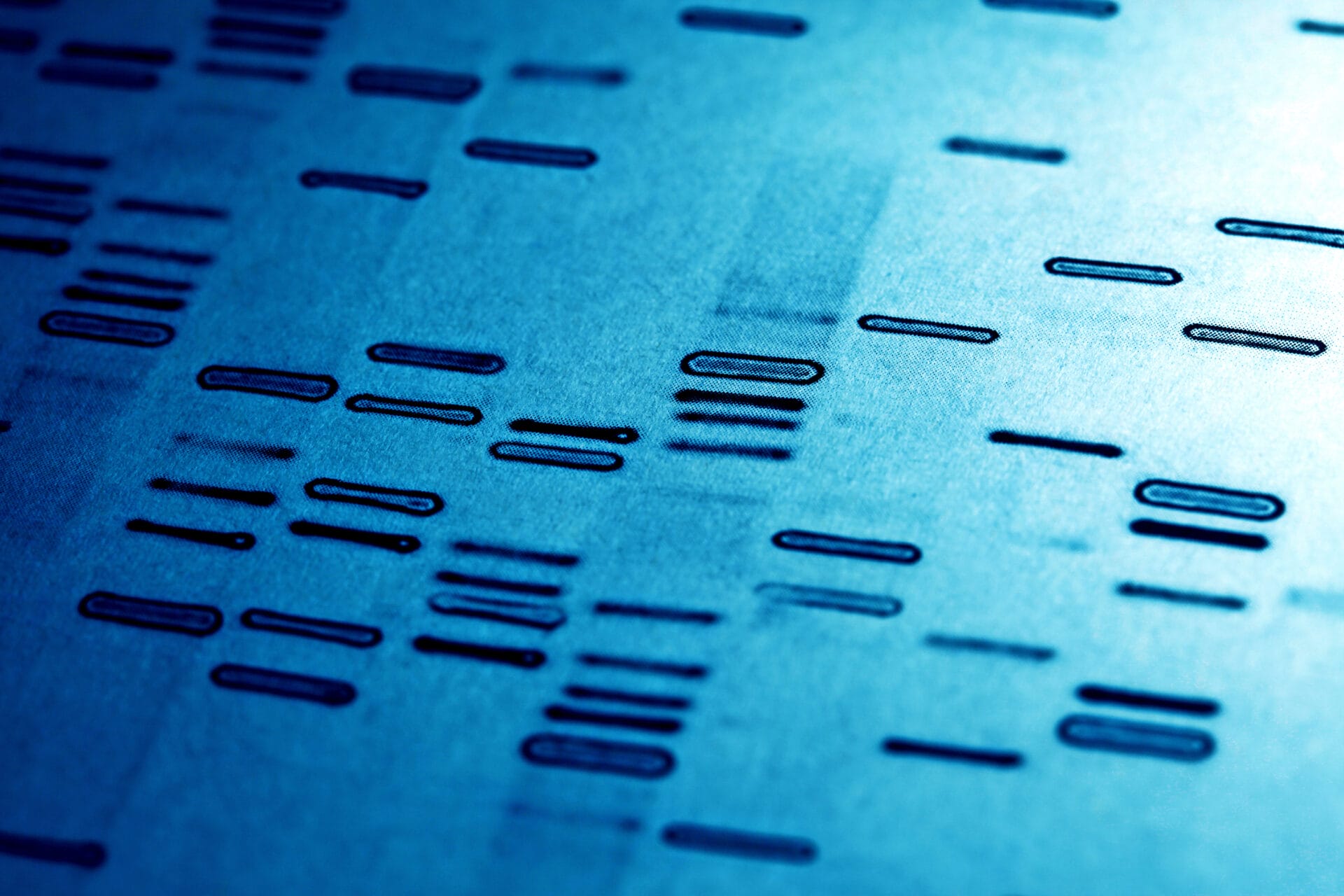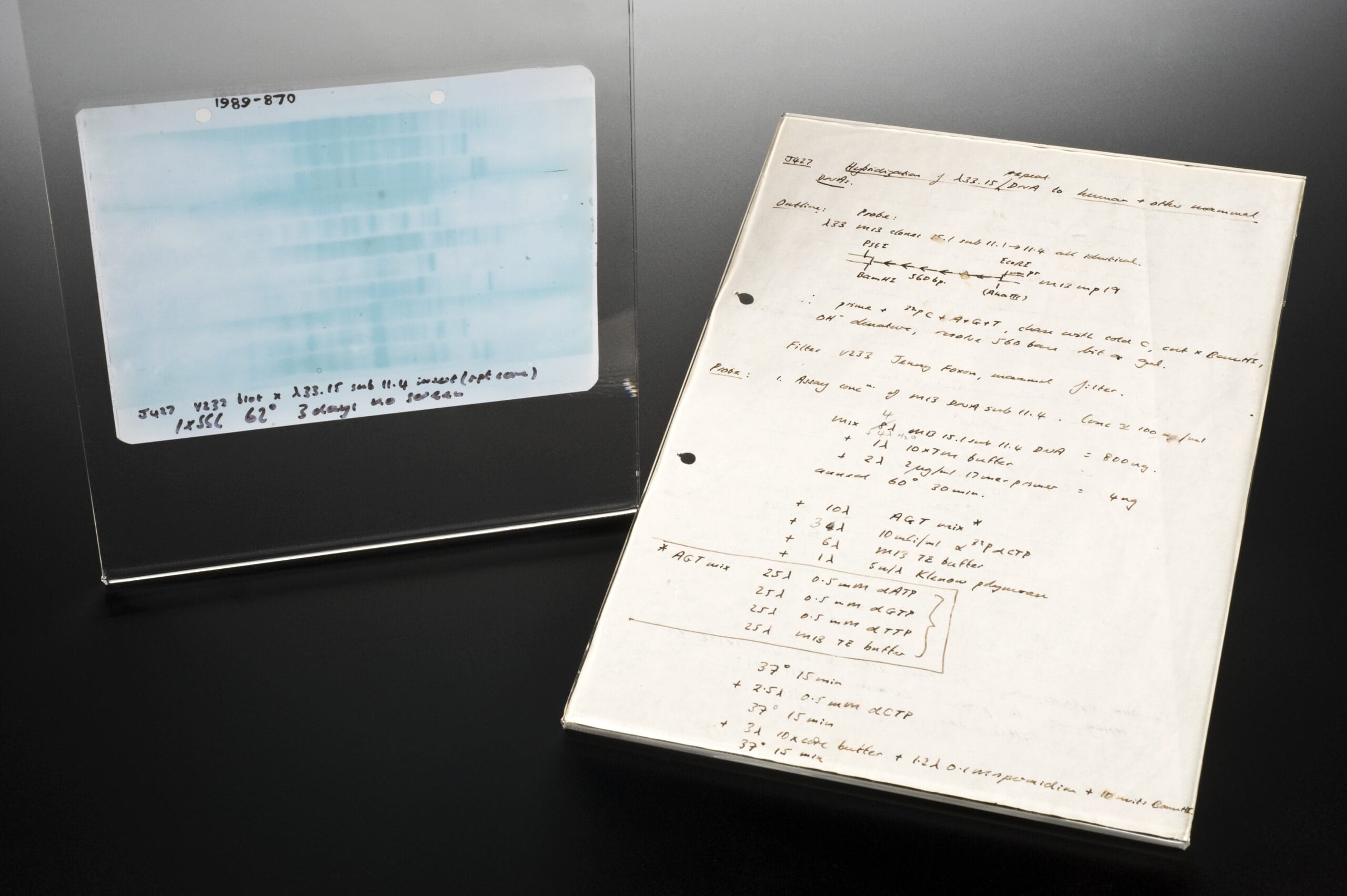The UK National DNA Database

The UK National DNA Database holds DNA profiles and samples from across the UK to help police forces investigate crime.
- The UK National DNA Database is the longest-running and largest forensic DNA database in the world.
- As of 2023, it holds the DNA profiles of around 5.9 million individuals and samples collected from around 647,000 crime scenes.
- Searching the database can provide evidence for criminal investigations if a match is found between an individual and a crime scene.
What is the UK National DNA Database?
- The UK National DNA Database (NDNAD)holds the DNA samples and profiles collected from across the UK, as well as the Channel Islands and Isle of Man.
- Usually, DNA is collected from a sample – such as hair, blood or saliva – and converted into an electronic record, called a DNA profile.
- The database holds two types of DNA profile:
- Individual, collected from every person arrested. Legally, the length of time individual profiles can be stored depends on the crime they have been accused or convicted of.
- Crime scene, collected from samples such as hair or saliva left at the scene of a crime.
- If a match is made between a crime scene profile and a profile on the database, it can help police to identify a possible suspect. This can then be used as evidence to help decide whether a person is guilty or not guilty of a crime.
- Since 2012, it’s been run by the Home Office on behalf of UK police forces.
- The National Policing Improvement Agency oversees the day-to-day running of the database and ensures data quality. The NDNAD Strategy Board makes policy decisions about its use and operations, while the NDNAD Ethics Group provides independent advice on ethical issues.

The UK National DNA Database is the longest-running and largest forensic DNA database in the world.

Using the database to help to investigate crimes
- The information stored in the database can help to identify or eliminate a person as a suspect in a crime and identify key witnesses. It can also help with missing persons investigations.
- Individual DNA profiles are compared to samples collected from a crime scene. This can result in:
- A full match – indicating with high probability (but not absolute certainty) that the DNA at the crime scene came from that person.
- A partial match – which could suggest the DNA at the crime scene came from a close biological relative.
- A partial match based on a poor quality or degraded sample – which could still provide a valuable lead for investigators.
- Between 2019 and 2020, searching the database led to a match between crime scene samples and individual DNA profiles in around 66% of cases. This included more than 600 matches to murder and more than 400 to firearms offences.
- A DNA match is usually not enough to secure a conviction, but it can bolster evidence in an investigation.
- Most countries now have a national DNA database, which can be shared and compared internationally. This can help to aid criminal or missing persons investigations even if the person of interest is in or from a different country.
The evolution of the UK National DNA Database and related laws
The development of DNA profiling
This makes it possible to use DNA to match suspects with genetic samples taken from crime scenes.
The UK National DNA Database is created
It holds samples from crime scenes and DNA records from people who have been convicted or are awaiting trial. Samples of people found not guilty are later destroyed.
The Criminal Justice and Police Act 2001
Any DNA collected from a crime scene can be stored indefinitely, whether the person it’s connected to is convicted or not.
The Criminal Justice Act 2003
Any DNA collected when a person is arrested can be stored indefinitely, whether they are later convicted or not.
The National DNA Database Ethics Group is established
The group provides independent advice on ethical issues.
The Counter-Terrorism Act 2008
If it is in the interest of national security, police in England, Wales and Northern Ireland can create DNA profiles from persons of interest without their consent and kept indefinitely.
The Crime and Security Act 2010
If a person is not convicted of a crime, their DNA profile must be destroyed six years after their arrest.
The Protection of Freedoms Act
If a person is arrested for a minor offence but has never been convicted before, their DNA profiles can no longer be kept on record. This results in more than 1,760,000 DNA profiles being deleted from the database, including those of children, along with more than 1,670,000 fingerprint records.